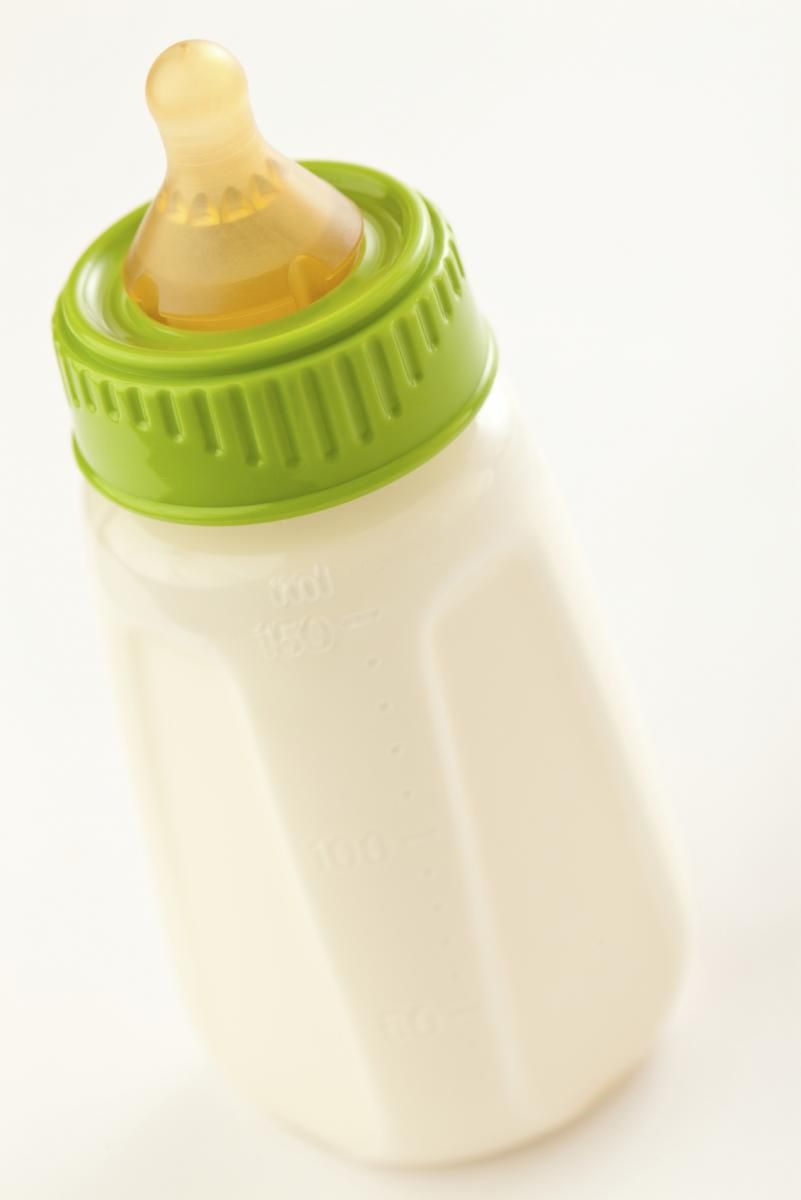Infant Formula at Risk of Too Much Aluminum
Should aluminum foil be prohibited from infant formula packaging?

English researchers say they have found aluminum contamination in all of the United Kingdom’s most popular infant formulas products. And product packaging is likely the biggest culprit.
Using a TH GFAAS test method, researchers from Keele University in Staffordshire tested for aluminum content in 30 of the United Kingdom’s best-selling products, including powders and ready-to-drink milks. Based on manufacturers’ recommended serving sizes, the researchers then calculated estimated daily exposure rates for each product. Milk products yielded daily aluminum exposures between 86 and 127 μg/L for infants at birth and between 134 and 350 μg/L for infants at least six months of age. Powders yielded daily exposure rates between 64 and 408 μg/L for infants at birth and 80 and 725 μg/L for infants at least six months of age. On average, aluminum content in ready-to-drink products and powders were similar.
To provide some context, the concentrations of aluminum in each of the 30 products is at least twice the recommendation for EU drinking water (50 μg/L), says the research team. And 14 of the milk products surpass maximum admissible levels for drinking water (200 μg/L)-a standard set for full-grown adults.
While numerous factors are likely at play, the research team believes the aluminum risk is largely a result of aluminum foil contents in infant formula packaging, including the seals under product caps, laminate cartons, and the pouches that often house the formula itself. All of the formulas they investigated were stored in containers using significant amounts of aluminum packaging materials.
This isn’t the first time the Keele University team assessed aluminum contamination in infant formula. A 2010 study produced similar results. Because exposure rates do not seem to have changed, the researchers believe reform to infant formula processing and packaging rules is necessary.
Balchem’s Newest Launch Optifolin+® Brings Innovation to the Folate Market
November 15th 2024Supplement launches featuring 5-MTHF are on the rise with double digit growth. In this episode of Nutritional Outlook’s podcast, we explore Optifolin+®, a new ingredient in the market that offers essential nutrition from prenatal through adulthood. Join us as we uncover the potential impact of the next evolution in folate, setting the stage for a healthier future.
The Nutritional Outlook Podcast Episode 35: Prioritizing Women's Health Research and Innovation
October 28th 2024On this month's episode of the Nutritional Outlook Podcast, Cepham's founder and president, Anand Swaroop, discusses the company's recent announcement to prioritize women's health research and innovation.
The Nutritional Outlook Podcast Episode 36: Best of the Industry Service Provider, Radicle Science
December 26th 2024Nutritional Outlook's managing editor, Sebastian Krawiec, interviews Radicle Science co-founders, Pelin Thorogood and Jeff Chen, MD. Radicle Science has been selected as this year's Best of the Industry, Service Provider.